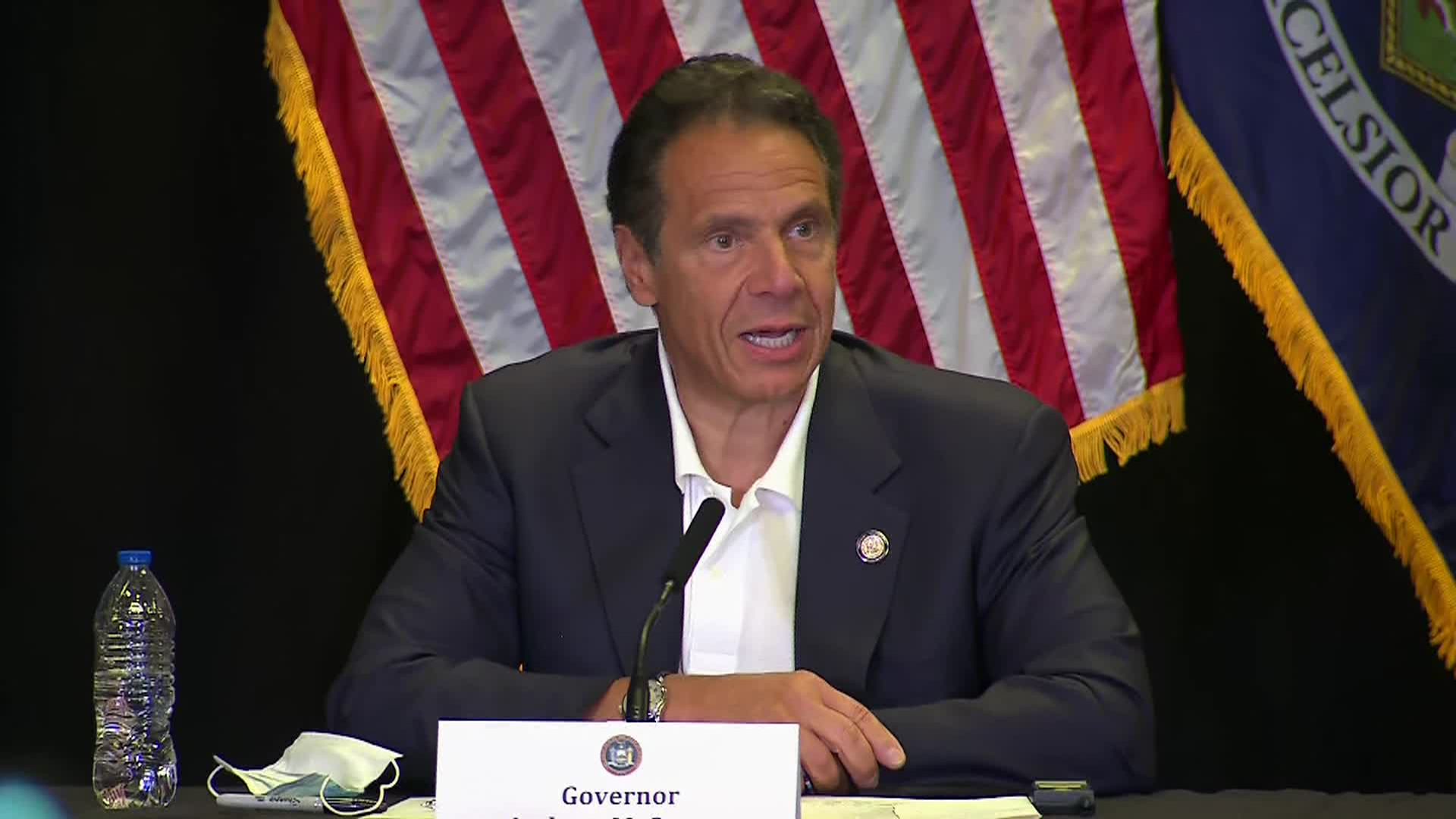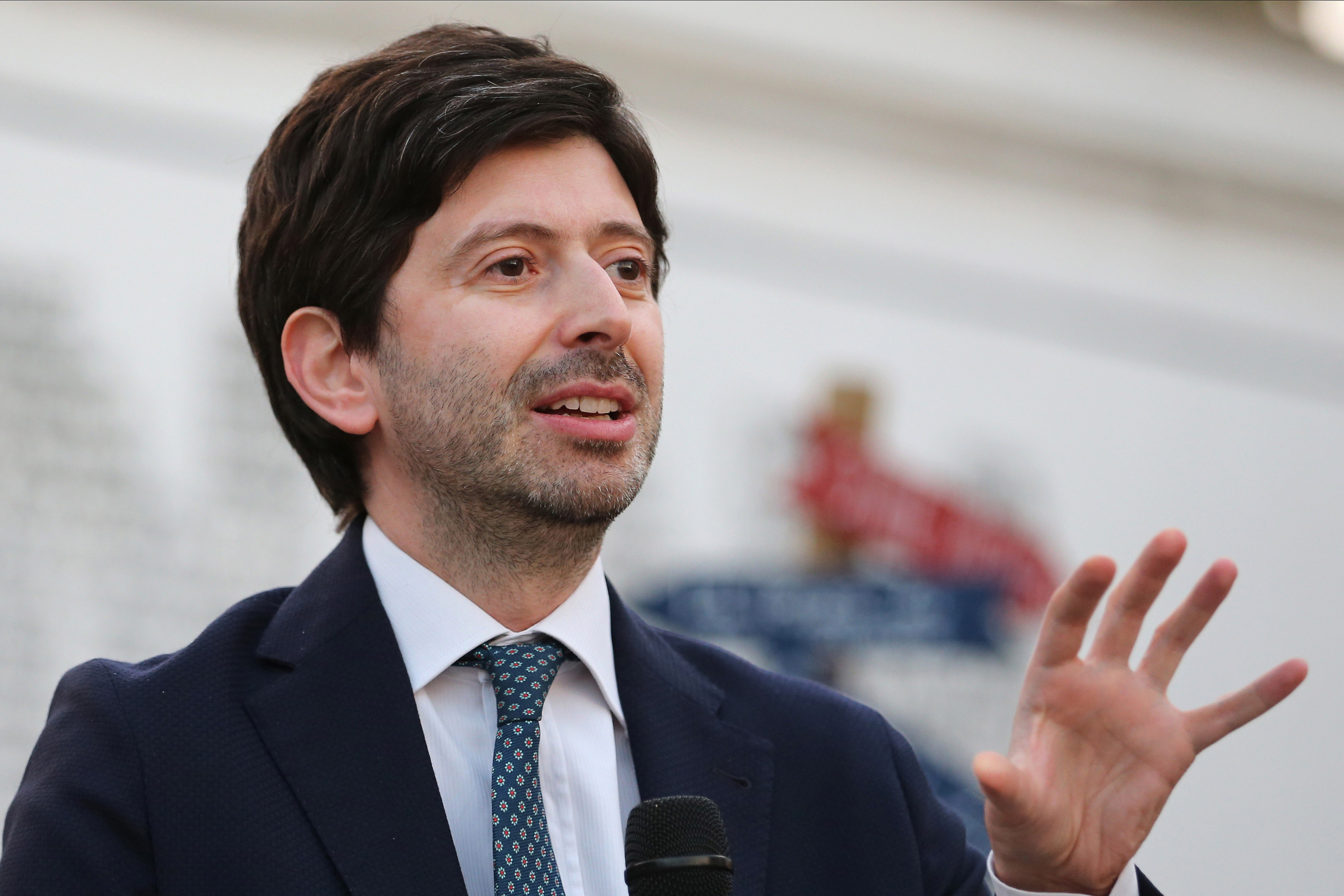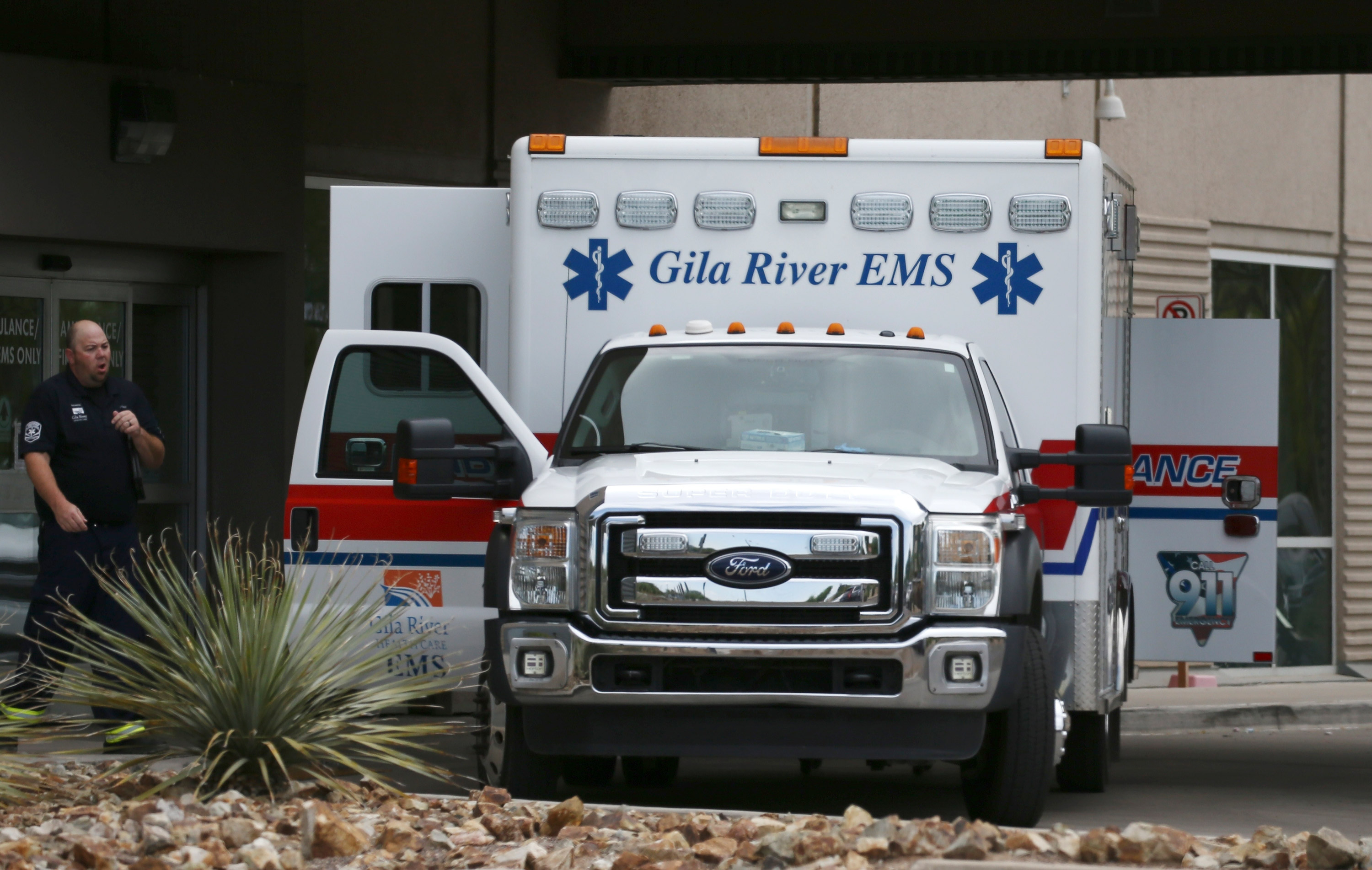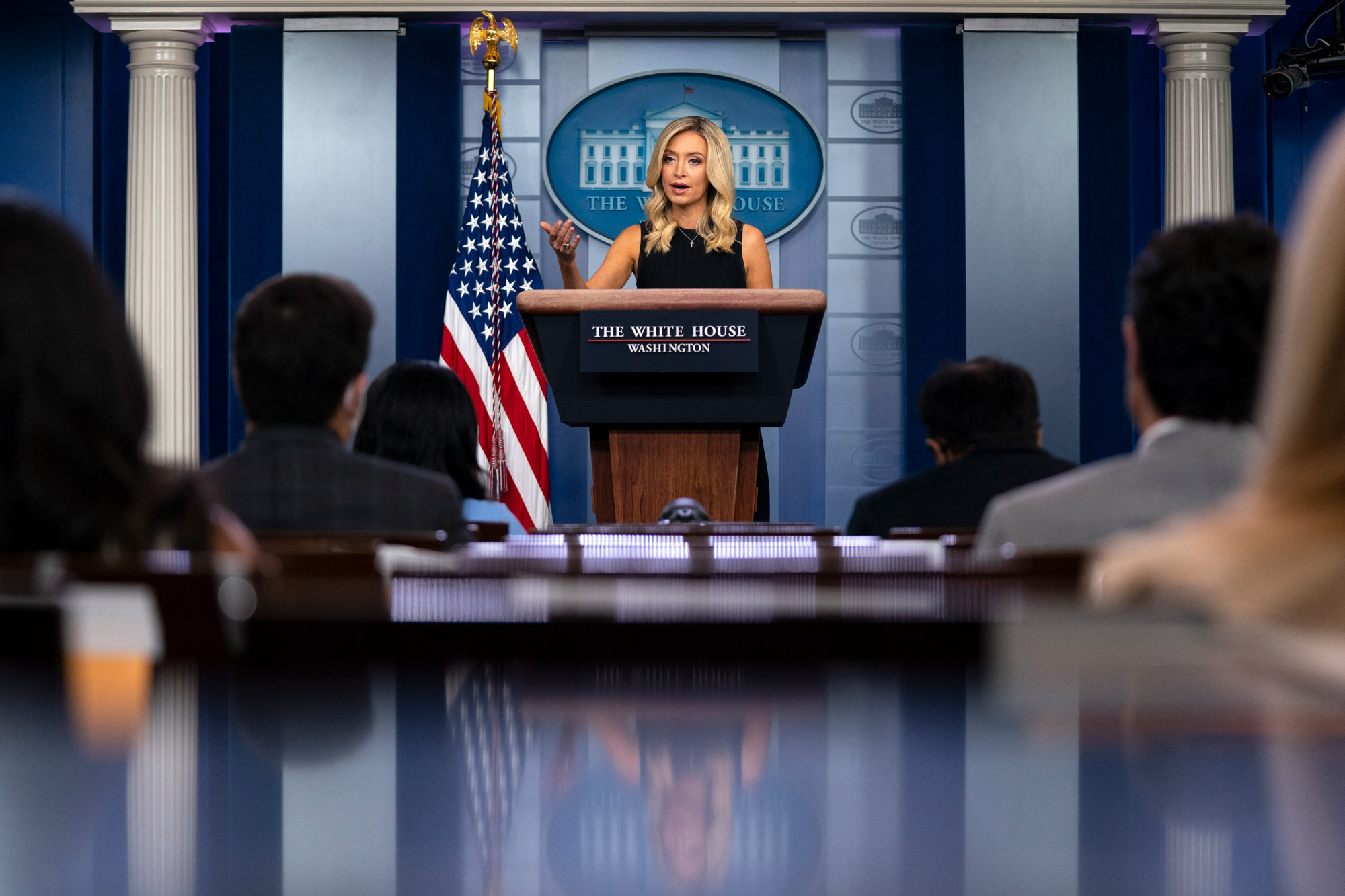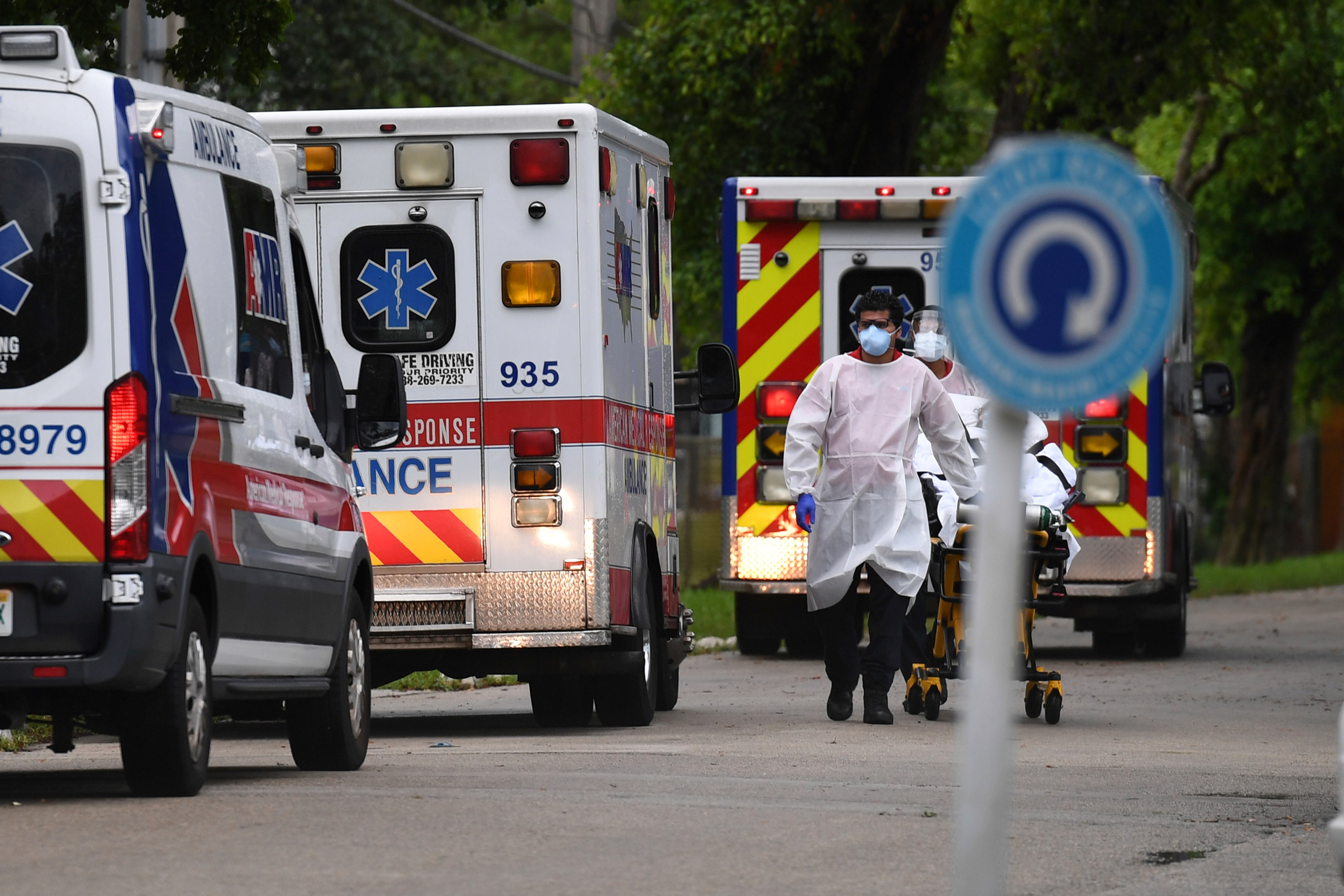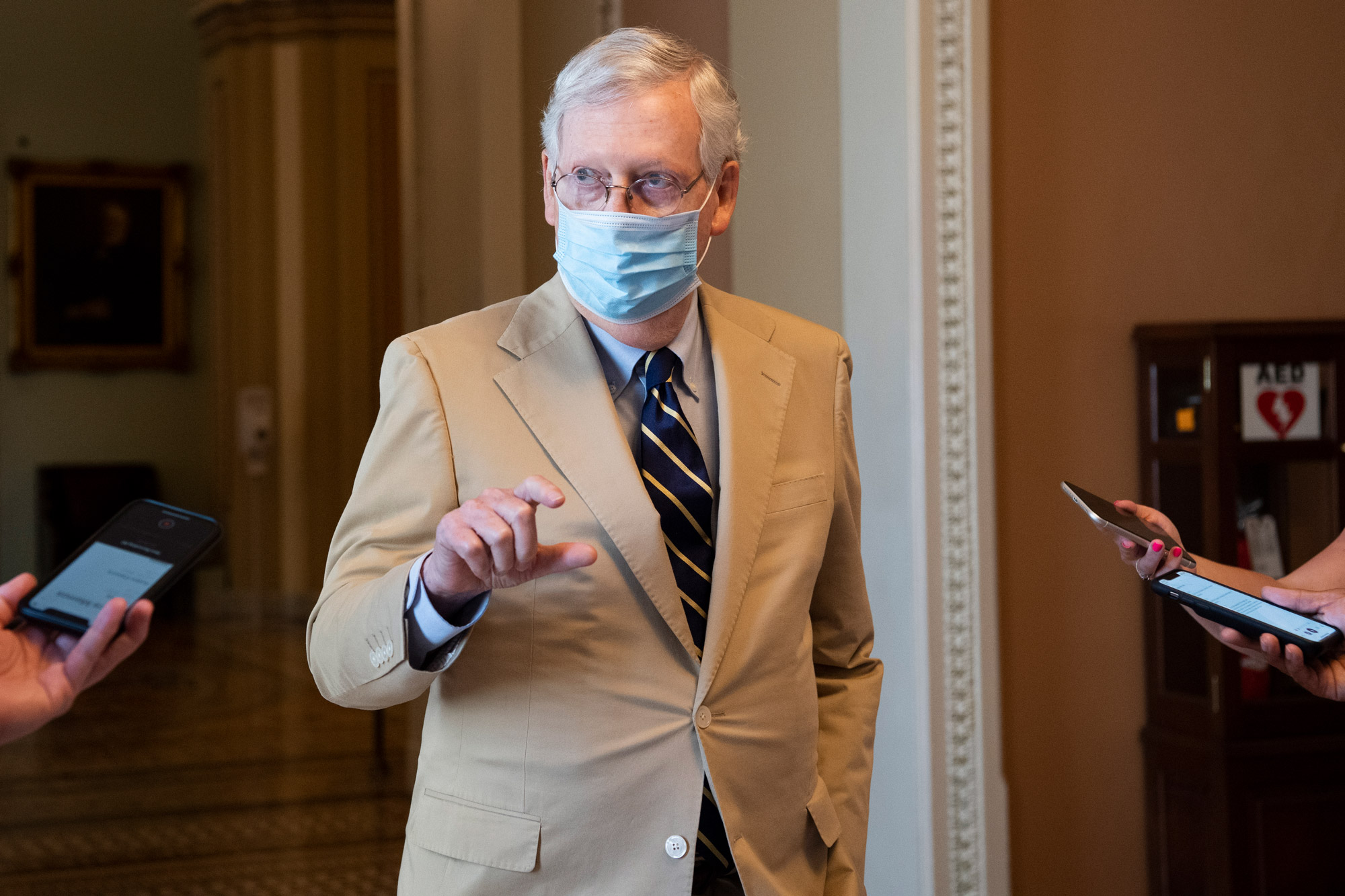Representatives from the pharmaceutical and biotechnology companies working to develop Covid-19 vaccines said in a House hearing today that they are still on track to have a possible vaccine by the end of this year or early next year — one even hoping for possibly this fall.
Asked if they believe their Covid-19 vaccine candidates could be available in the US by the end of the year and be safe and effective, officials from vaccine makers AstraZeneca, Johnson & Johnson, Merck, Moderna and Pfizer said the speed of the process will depend on the data and how well the vaccine's development goes.
Here's what some of the representatives told lawmakers:
AstraZeneca: Mene Pangalos, executive vice president of BioPharmaceuticals R&D of AstraZeneca, said providing a timeline is a “difficult question to answer,” but added that his company is “very encouraged” by the phase 1 and phase 2 trial study results.
Pangalos noted results of the two closely watched trials published in The Lancet suggest a coronavirus vaccine developed by his company alongside University of Oxford are safe and induce an immune response. However, researchers stressed more study is needed to know whether the vaccine protects people against the virus.
When asked if the vaccine candidate gets approved on an emergency basis, does he hope it will be available by the end of the year on an emergency basis, Pangalos said, "Yes we do. So if we have efficacy data we hope we’ll have it any time from September onward."
Moderna: Stephen Hoge, president of Moderna, told lawmakers they are “cautiously optimistic” about their vaccine's next steps and are quite “encouraged” by the progress. Last week a Covid-19 vaccine being developed by Moderna, in partnership with the National Institutes of Health, found to induce immune responses in all of the volunteers who received it in a phase 1 study.
Now the vaccine is being developed further with a phase 3 trial planned for later this month.
Hoge said that presuming they are able to accrue cases quickly in their phase 3 study, they hope in the fall or towards the end of the year they’d have data they could submit to the Food and Drug Administration for them to make a determination if they were to approve the vaccine. Hoge said at that point they would hope to have millions of dosages of the vaccine ready for deployment.
Pfizer: John Young, chief business officer of Pfizer, also said his company is encouraged by the early data from their initial phase 1 study with regards to safety and effectiveness.
Young said they hope to complete the study by this month and submit the data to the FDA to be subject to their approval. He said the large phase 3 study will be "pivotal" in informing the safety and effectiveness profile of the vaccine.
Young said they have a "line of sight and a clear clinical path" to be able to deliver up to 100 million doses of commercial scale vaccine products in 2020 and up to 1.3 billion doses for a vaccine in 2021. Young said that despite the early encouraging signs, there is "a lot more work still to do."
Yesterday, Young's company and German biotechnology company BioNTech announced their Covid-19 vaccine candidate was shown to elicit "robust" antibody and T cell immune responses in an early phase 1/2 study.
The companies Johnson & Johnson and Merck appeared to have longer timelines. Representatives for those companies said in the hearing that their goals remain to deliver a Covid-19 vaccine next year if all goes well in trials.
